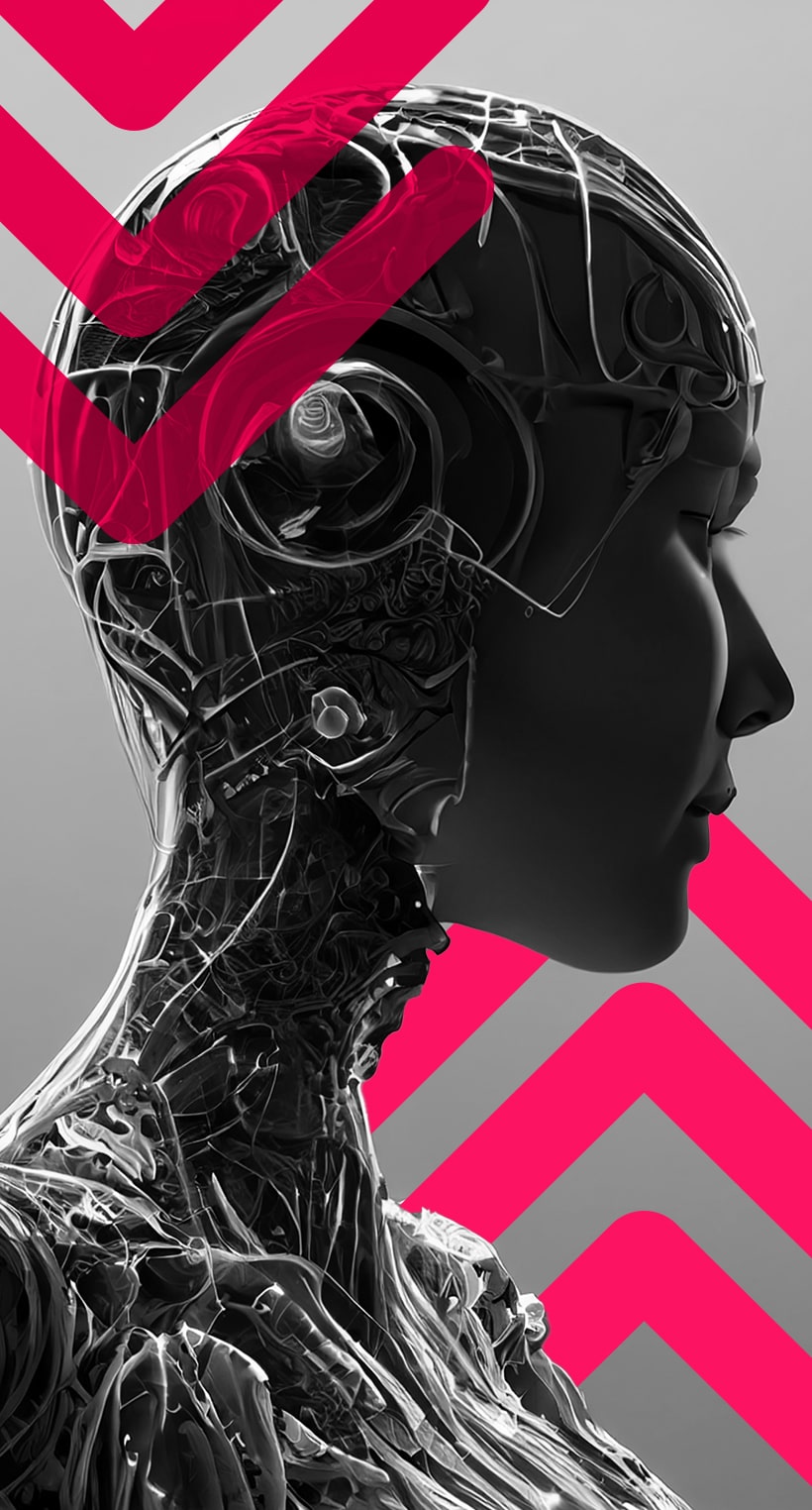When it comes to hospitality, the absence of AI in today’s digital landscape is akin to sailing a ship without a compass – it may get you there, but the journey lacks precision and finesse (to say the least). As AI and business model experts, we’re here to illuminate the subtle yet impactful ways in which non-AI hospitality services are forfeiting their competitive edge in customer experience. For business owners to managers, understanding this shift is what will keep your operation staying afloat in the (often merciless) seas of customer expectations.
Time is of the essence when it comes to handling guests, bookings, and, yes, the odd crisis in the lobby or, dare we say it: with the boiler. The reliance on manual processes when things go south (or even north, for that matter) is far from ideal, creating ripples of inefficiency that keep staff busy and away from new demands, which in turn become crisis in themselves, and… Well, you see where this is going. From check-ins to service requests, the absence of AI amplifies wait times, eroding the seamless experience guests seek. And as you probably well know, this lag in responsiveness, seemingly subtle in the eyes of untrained witnesses, leaves an indelible mark on customer satisfaction.
The missing ingredient? Personalisation. Every guest wants to feel like more than just a room number. AI-driven services excel in creating these tailored experiences, remembering preferences, anticipating needs. On the other hand, non-AI hospitality services, while sincere, fall short in bringing that personalised touch into the customer journey, leading to decreased guest loyalty—yes, sometimes, it’s that coveted chocolate on the pillow making a difference between five stars and four on the review after check-out (especially if they have previously asked for it once).
Check-out is no less important than the stay itself. After all, the check-out process is often the last impression a guest carries from a stay. Non-AI establishments, with their conventional check-out methods, inadvertently extend the guest’s journey from potential bliss into frustration. The inability to swiftly and seamlessly conclude a visit stands as a stark contrast to the fluidity provided by AI-driven check-out experiences, and an entirely sweet memory of the stay, untinged by that drop of bitterness that is almost missing the flight back home (a less than ideal prospect in itself), because there was a line to return one’s key and settle a payment (no one likes those either, sadly).
For entrepreneurs and business owners in the hospitality sector, the message is clear: AI is a luxury in a trade where luxury is akin to necessity. Integrating AI into operations isn’t just about keeping up with trends; it’s a strategic move to enhance customer experience and, consequently, brand reputation. The nuances of efficiency and personalisation, powered by AI, can be the differentiator that sets one establishment apart from the competition.
The road ahead for hospitality means embracing AI as a silent yet indispensable partner. Innovators and disruptors in the field have the chance to reimagine customer experiences, leveraging AI to streamline operations, personalise interactions, and leave a lasting positive impression on guests. In the absence of AI, conversely, hospitality services are unwittingly contributing to their own obsolescence in this competitive landscape.
Entrepreneurs and business owners, take heed – the silent chasm between AI and non-AI services is widening, and your decision to bridge or ignore it will determine your standing, starting right about now.
If you’re ready to start implementing AI processes in your own business, you can reach out to one of our experts for a free consultation. We will help you understand where you stand with AI integration at the moment, where you want to get to, and how to stride that distance with confidence.
;)
;)
;)